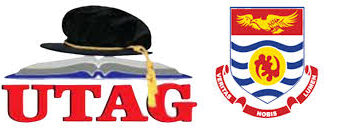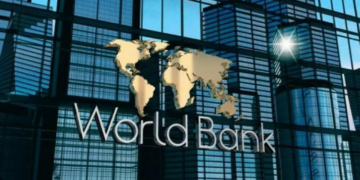According to Ghana’s Minister of Food and Agriculture (MoFA), Dr. Bryan Acheampong, food prices have dropped drastically in recent months.
He attributed this decrease to the government’s sensible policies, which he claims are generating great consequences.
Speaking to media on the sidelines of the Agric Fair at the Ministry’s premises in Accra, Dr. Acheampong said that while food prices have fallen, consumers continue to pay high rates in some cases due to blatant profiteering by middlemen.
“We have been able to bring the price of maize down by 50%. And it is not just the maize. With regard to a lot of the cereals, the prices are dropping. Maize that used to sell at the same time last year at GH¢300 for 50kg bag now is GH¢148, the maximum that you get is GH¢150 which means that there is a 50% drop in the price of maize.”
“But nobody is talking about it because you don’t see it translate into the price of a ball of kenkey. It means that there’s someone in the middle who is pocketing the profit,” he stated.
Read Also: Sierra Leone prison breaks: Thirteen killed in violence
Meanwhile, fresh research suggests that a lack of competition is producing unjust food costs for Ghanaian consumers, since retail prices climb substantially faster than wholesale prices.
Food products such as onions, gari, and sorghum have been identified as important markets of concern, and national authorities have been requested to investigate and intervene.
Experts in Ghana and throughout the world are warning that during a food crisis, certain market actors are reaping record profits at the expense of overpriced consumers and underpaid farmers.
A new tool developed by consumer organizations has revealed the possibility of unjust food pricing in Ghana, which is caused by a lack of competition in national and global food supply chains.
The Fair Food Price Monitor warns that rising prices for Ghanaian consumers may be driven not just by causes like as higher fuel costs and currency devaluation, but also by dominating market actors using the situation to raise prices unnecessarily.
The tool, developed by Consumers International (which represents consumers worldwide) and the Ghanaian organization Consumer Advocacy Centre (which is based at Laweh University College), uses data from sources such as the UN World Food Programme (WFP) and the UN Food and Agriculture Organization (FAO) to track the relationship between food prices at different stages of the supply chain in Ghana and to highlight areas where the government should investigate and act.


























